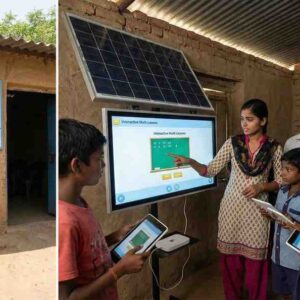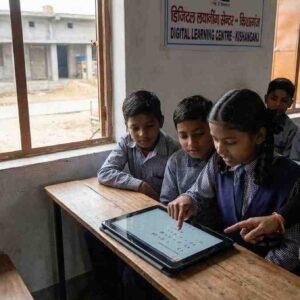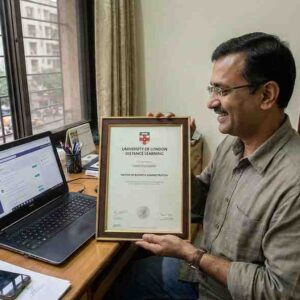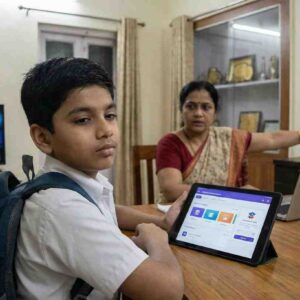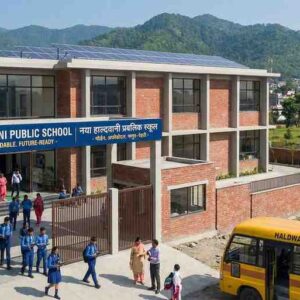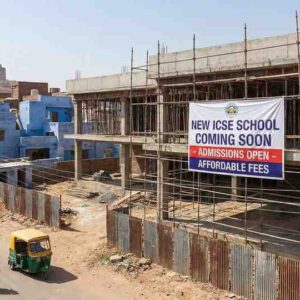Is the Indian Education System Focusing Too Much on Exams?
Amid the bustling classrooms and echoing corridors of schools across India, a question looms large: Is the Indian education system focusing too much on exams? This concern isn’t new, but the intensity of the debate has reached a fever pitch, as parents, educators, and students grapple with the stress and limitations imposed by an exam-centric approach.
India’s educational landscape is famously rigorous. Here, the shadows of board exams, entrance tests, and competitive exams loom large over every student’s journey. These high-stakes assessments often dictate the trajectory of a student’s career and life choices, embedding a deep-rooted anxiety that begins in primary school and extends well into higher education. The palpable pressure to not only succeed but excel in these exams can often overshadow the broader educational goals of learning and personal development.
Critics argue that this relentless focus on exams stifles creativity and critical thinking among students. It transforms classrooms into mere training grounds for test-taking, rather than sanctuaries of learning where curiosity and inquiry are nurtured. The repercussions are profound, with students often resorting to rote learning — memorizing information instead of understanding it — to ensure high scores.
Conversely, proponents of the current system claim that these exams are essential benchmarks. They believe that exams instill discipline and prepare students for the competitive nature of professional life. However, this view is increasingly being challenged by educational reformists who argue that true learning comes from engaging with material in a meaningful way, not just preparing for a test.
The conversation around educational reforms has been bubbling under the surface for years. However, recent shifts in global educational paradigms, heightened by the pandemic-induced move to online learning, have brought new perspectives to the fore. Could this be the catalyst for India to redefine its educational priorities?
Interestingly, some leading educational institutions have begun to experiment with alternative assessment models that focus on continuous evaluation and skill-based learning rather than one-off testing marathons. These pioneering efforts are supported by educational technology innovations that provide more personalized learning experiences and analytics-driven insights into student performance beyond traditional exams.
The real question remains: Are we ready to embrace these changes widely and reduce the exam-centric culture that has dominated our education system for decades? Or will traditionalists hold the line, believing the old ways are still the best ways to measure educational success?
This debate is crucial, as the outcome will shape the future of millions of students in India. As we ponder over these questions, it’s essential to consider not just the immediate impacts but the long-term implications of our educational practices. Only by challenging the status quo and daring to redefine boundaries will we create an education system that genuinely caters to the diverse needs and potentials of all students.




